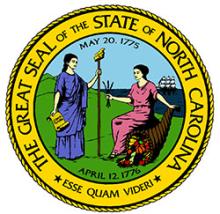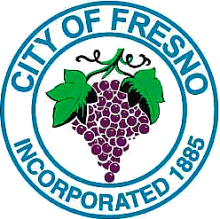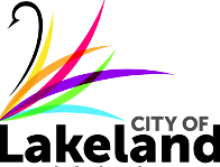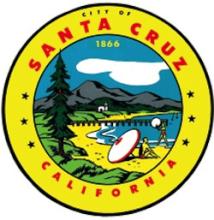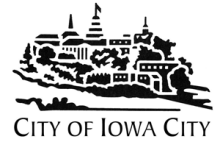Transcript: Community Broadband Bits Episode 228
This is episode 228 of the Community Broadband Bits Podcast. Fiber Infrastructure and Right of Way Manager David Young of Lincoln, Nebraska, describes the city's work with local Internet Service Provider, Allo Communications. Listen to this episode here.
Listen to, or read the transcript for, episode 182 in which David Young, Mike Lang, and Steve Huggenberger discuss conduit policy in more detail.
David Young: Engaging your provider, engaging your community upfront and deciding what your model should be and then creating a plan and executing that plan is very important.
Lisa Gonzalez: This is episode 228 of the Community Broadband Bits podcast from the Institute for Local Self-Reliance. I'm Lisa Gonzalez . A number of states have laws on the books that obstruct local governments from directly providing high quality Internet access to businesses and residents, or even partnering with local providers. Nebraska happens to be one of them. In Lincoln the community found a way to work within the confines of the law by using publicly owned conduit and creating a welcoming environment for private Internet Service Providers. As a result, Lincoln has entered into an agreement with the local provider Allo Communications who will use the conduit to build its Fiber-to-the-Home network. David Young, Lincoln's Fiber Infrastructure and Right of Way Manager talks with Chris this week. David discusses the early days of the project and how it has evolved. He also shares more information about the franchise agreement and more about the partner Lincoln chose. Be sure to take a few moment and listen to Chris' interview with David and several of his colleagues in episode 182 from last December. Now here are Chris and David Young, Lincoln, Nebraska's Fiber Infrastructure and Right of Way Manager talking about the community's conduit network and how they are capitalizing on it to bring better connectivity and technology to Lincoln.



